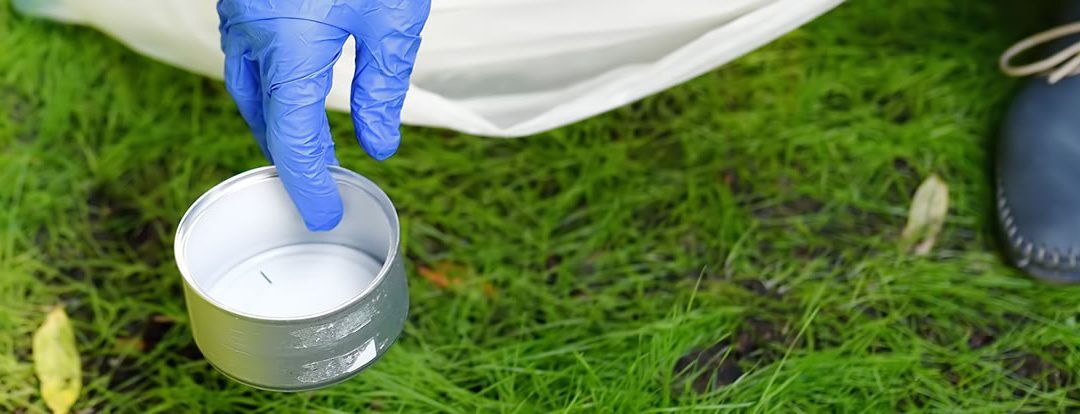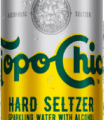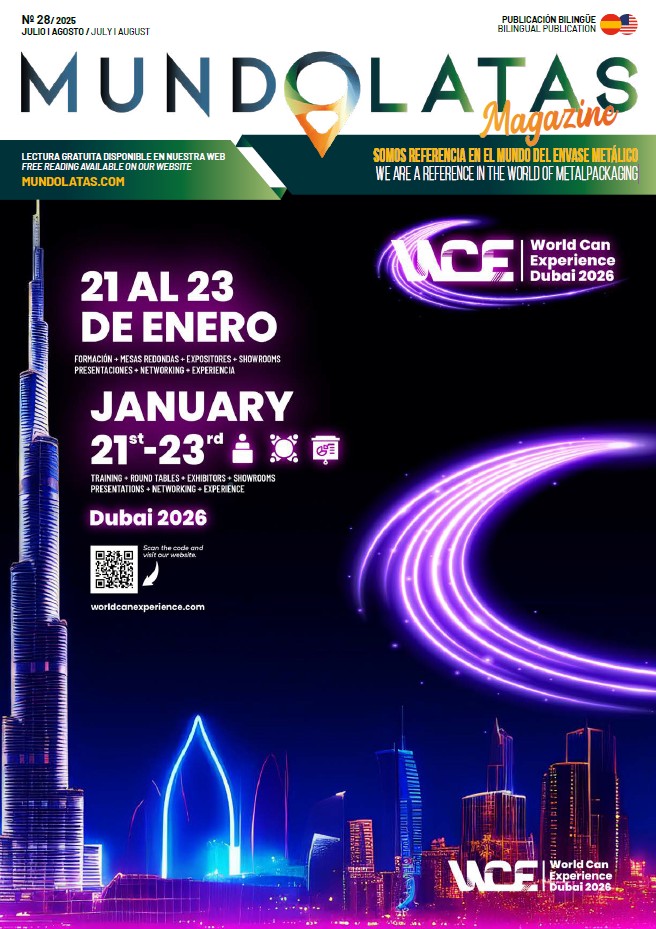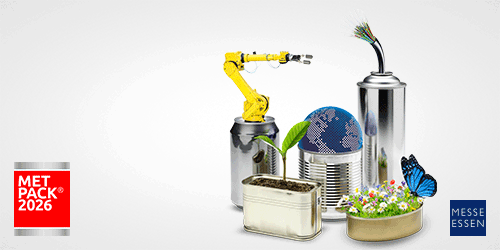According to What We Waste, a packaging return system in Spain would eliminate more than 6 billion cans and bottles that currently end up in nature every year.
On the occasion of the new Waste Law that is about to enter the Spanish parliament, organizations such as Friends of the Earth, Greenpeace, Oceana, Retorna and Surfrider, are asking the Spanish government to include in this law a deposit system for beverage containers (cans, bottles and bricks) that is already in force in other European countries.
According to the study by the international organisation Reloop, the number of beverage containers that end up in nature, in landfills or incinerated would fall sharply by 7,923 million, i.e. a drop of 76% of the current volume.
These Deposit Systems consist of the consumer leaving a small amount (cents) at the time of purchasing a beverage. This amount is refunded in full when the customer returns the bottles or cans to the store.
“The debate in Spain about selling beverages with a deposit has been going on for some time and this data shows that, if a modern deposit system were to be adopted throughout the country, it would reduce the abandonment of cans, bottles and cartons by more than 75%. This step would also set the stage for an improved presence of reusable packaging,” said Reloop CEO Clarisa Morawski. And this is proven by the report, which states that countries where drinks are sold with a deposit system, such as Germany, Finland or Lithuania, are the ones that best manage their waste.
This report draws on data from 93 countries, over a 20-year period, to examine trends in beverage container sales, collection and waste, where waste is defined as containers that end up in landfill, incineration or in the environment. The countries included comprise 81% of the world’s population in 2019.















